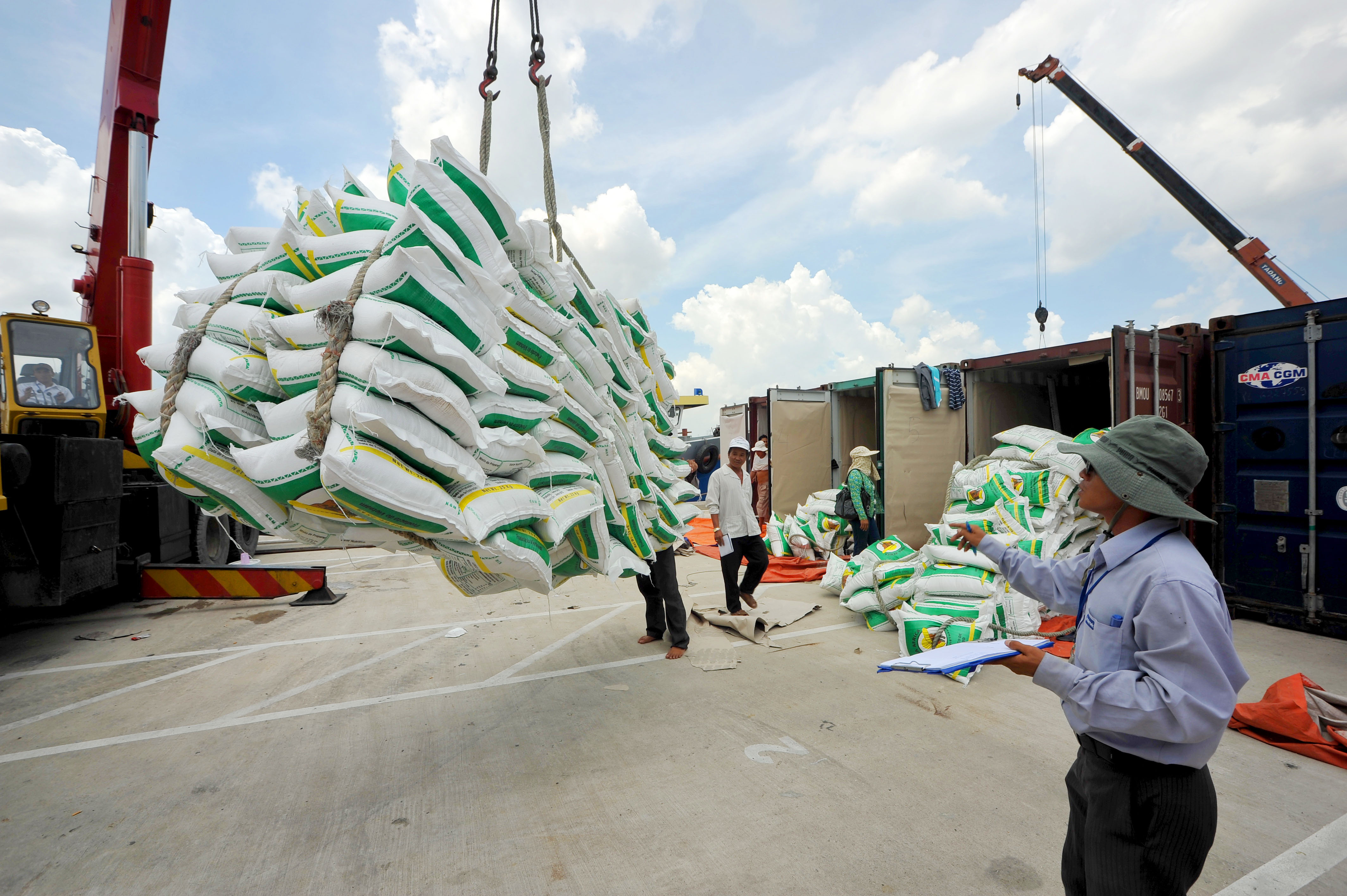SOE reform to fuel higher economic growth
 |
| By tackling SOE equitisation, Vietnam could turn a glaring weakness into a major strength |
Shosuke Mori, senior managing executive officer at Sumitomo Mitsui Banking Corporation, told yesterday’s Nikkei-led forum on Vietnam’s growth outlook in Hanoi that the Vietnamese economy boasts great potential for higher growth with higher quality.
“The Vietnamese economy has been consistently growing over 20 years. Vietnam is the only country among the ASEAN-5 that has consistently achieved more than 5 per cent growth since 2000,” Mori said.
According to him, along with this high growth, Vietnam’s economy has undergone transformational changes since 1990. The country’s GDP per capita has grown by 22-fold, from $98 in 1990 to $2,172 in 2016, and nominal GDP has expanded about 31 times, from $6.5 billion in 1990 to $201 billion last year.
“These figures are expected to accelerate even further. According to the International Monetary Fund, Vietnam’s GDP per capita is projected to reach $3,300, and nominal GDP $300 billion by 2022,” Mori stressed.
However, Mori also underlined Vietnam’s slow equitisation of state-owned enterprises (SOEs) as one of the biggest challenges for the economy in general and the country’s investment attraction.
“I think the SOE reform will be the key in driving the evolution of the Vietnamese economy,” Mori said. “The SOE sector accounts for about 30 per cent of the GDP in Vietnam, and is linked to many industries.”
“The reform of SOEs would bring Vietnam to the next stage of its development. The average growth rate of the SOE sector from 2006 to 2016 was around 3.8 per cent, lower than the private sector’s at 4.9 per cent, and the foreign invested sector’s 7.7 per cent.”
He also highlighted the government’s efforts to revamp the SOE sector.
“Since SOE reform was mentioned in 1986 in the doi moi policy, I understand that the Vietnamese government has been taking proactive steps in this regard,” he said.
For example, rules on corporate governance and disclosure, which were a long-standing issue, were established in 2015, and individual directions for the equitisation of SOEs were also announced last year under the strong leadership of the government.
The number of SOEs in which the government has more than 50 per cent ownership decreased from 4,000 to 2,800 over the past ten years due to the government's efforts.
“SOEs are key drivers of Vietnam’s economic growth, and with these reforms, I believe they can help transform domestic industries,” Mori stressed.
What the stars mean:
★ Poor ★ ★ Promising ★★★ Good ★★★★ Very good ★★★★★ Exceptional
Latest News
More News
- Rising consumption and travel fuel ‘Tet season’ stocks (February 11, 2026 | 11:43)
- Education as strategic capital: why Dwight School Hanoi represents a long-term investment in Vietnam’s future (February 10, 2026 | 19:00)
- Green logistics–the vital link in the global energy transition (February 09, 2026 | 19:35)
- Wages and Lunar New Year bonuses on the rise (February 09, 2026 | 17:47)
- Temporary relief for food imports as businesses urge overhaul of regulations (February 07, 2026 | 09:00)
- Opella and Long Chau join forces to enhance digestive and bone health (February 06, 2026 | 18:00)
- Vietnam-South Africa strategic partnership boosts business links (February 06, 2026 | 13:28)
- Sun PhuQuoc Airways secures AJW Group support for fleet operations (February 06, 2026 | 13:23)
- Pegasus Tech Ventures steps up Vietnam focus (February 05, 2026 | 17:25)
- The generics industry: unlocking new growth drivers (February 04, 2026 | 17:39)
















 Mobile Version
Mobile Version